Behind words, within, beauty lurks. To open the space around words, to free them, I try other tongues. One language limits more than two or three or more.
Tree is arbre is baum. Willow is saule is weide. Elm is orme is ulme. Birch is bouleau is birke. And yet the mot word wort is not the arbretreebaum.
New language facilitates detachment from the word-illusion: that a tree is a tree. Neither is it an arbretreebaum, although the word that is not a word offers an opening to « what » it truly is, to the what that cannot be said or named, to the beauty that brims, to « it, » to « cela, » to « es » or « das. »
Beauty lurks. Words unveil it when they are themselves unveiled.
***
Master Shuzan held up his staff, and showing it to the assembled disciples said, « You monks, if you call this a staff, you are committed to the name. If you call it not-a-staff, you negate the fact. Tell me, you monks, what do you call it?
Mumonkan (The Gateless Gate), Case 43


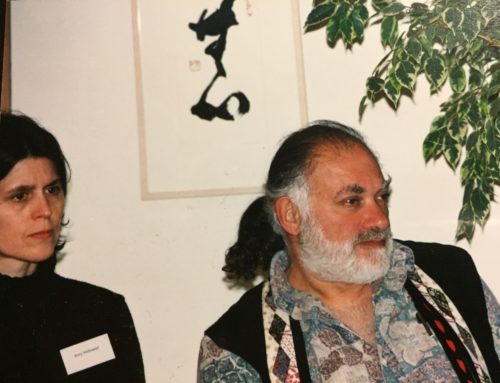
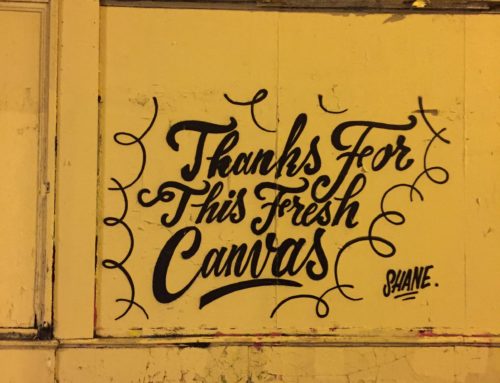
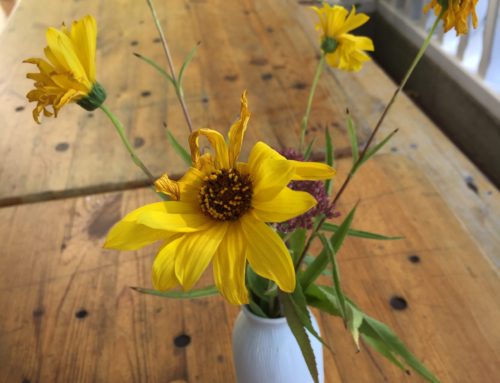
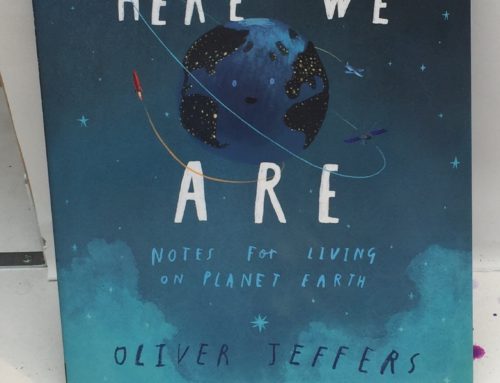
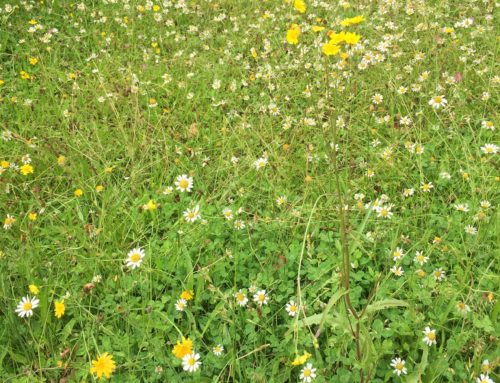
Case 44:
On construction proces of ego – or deconstruction proces of ego ?
Case 44
You cannot give anything?
You can only wake up what’s allready there?
Case 43:
I’ll cal it a staff ! – for it is just that
for the dual is integrated in the non-dual
One monk grabbed the staff and hit the master. The master, surprised, shouted with the pain. The monk and master just laughed.
Word illiusion
If I were to write down
The wisdom I collected through study and practice
The part of it which I cherish and constantly keep in mind
It would amply fit on the back of a beer mat
It would say: Liberation! Liberation! Liberation!
The Buddha Way:
To liberate this mind completely from its self imposed confinement
For the sake of sentient beings
(And to refrain from writing down nonsense on the back of beer mats)
Saying "That’s it," he’s already missing it.
Master Basho said to the monks, "If you have a stick, I will give one to you. If you do not have a stick, I shall take it away from you."
(Mumonkan, Case 44)
One monk grabbed the staff and hit the master. The master, surprised, shouted with the pain. The monk said: That’s it!